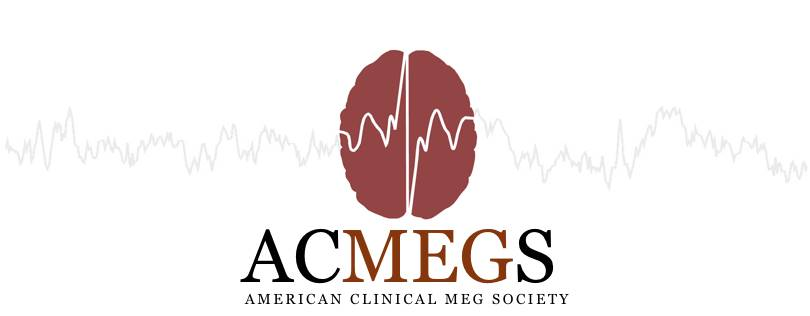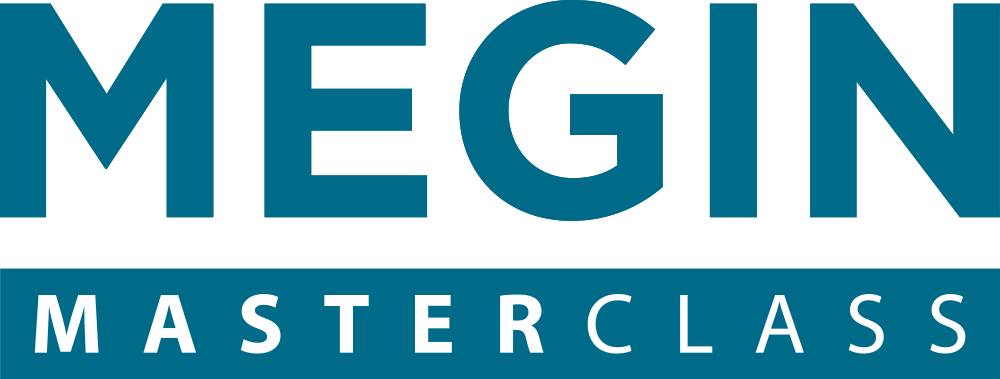Clinical Training Opportunities
*These training opportunities are for information purposes only and MEGIN does not endorse any program mentioned here.
Annual ACMEGS Course

Course Format
12 hours of lectures and case presentations, maximum of 12 AMA PRA Category 1 Credit(s)TM
Target Audience
This educational activity is directed to clinical neurophysiologists, neurologists, psychiatrists, physiatrists, neurosurgeons, trainees in these disciplines and other physicians and researchers who utilize clinical neurophysiological techniques and knowledge in the diagnosis and management of patients with disorders of the nervous system.
Learning Objectives
● Describe the underlying physics of MEG generation and recording
● Describe the most common and efficient organization of a MEG laboratory
● Identify epileptiform MEG waveforms with and without EEG correlates
● Process MEG and EEG data with source localization software
● Interpret dipole models of MEG and EEG epileptiform spikes and normal evoked fields
● Distinguish abnormal MEG transients from normal variants
● Provide a localization of MEG and EEG activity to aid in presurgical epilepsy evaluations.
Accreditation
ACNS CME available, ASET CEU available (for technologists)
Intensive Clinical MEG Training Course

Course Format
3-month, on-site (UTHealth), full-time, April-June
Target Audience
Medical doctors who have successfully completed an ACGME accredited residency in neurology and CNP-EEG Fellowship and/or Epilepsy Fellowship.
Learning Objectives
● Overview of MEG
● MEG Indications
● Underlying principles of MEG
● Instrumentation, Apparatus, and Tools
● MEG exam workflow
● MEG interpretation in Epilepsy
● MEG interpretation in Presurgical Mapping
● Pitfalls in interpretation
● Incorporation into the Clinical Workflow
● Ictal MEG
● Pediatric MEG
● Source Localization (advanced)
● Other advanced clinical topics
● Considerations for establishing and running a MEG lab
Accreditation
Certification of 3 month training by institutional Program Director
Clinical MEG Fellowship

Course Format
12 months non-standard ACGME fellowship, annual enrollment, off-cycle enrollments possible
Target Audience
Medical doctors who have a satisfactory completion of an ACGME accredited residency in neurology and CNP-EEG Fellowship and/or Epilepsy Fellowship.
Learning Objectives
• Formation and training of clinical magnetoencephalographers
• Understanding the technological issues that pertain to MEG recordings.
• Proficiency at interpreting of and writing reports for MEG.
• Differentiating normal (including normal variants) from abnormal MEG.
• Understanding the basics of various evoked field recording and interpretations.
• Understanding the basics of various head models and source models.
• Learning the steps involved and opportunities for errors in the procedures for MEG processing and interpretation.
• Understand the various epilepsy syndromes and neurosurgical lesions that can benefit from MEG, the specific indications, and anticipated MEG results.
• Learn the neuroimaging studies used in the presurgical evaluation of epilepsy surgery, and how to coordinate and integrate the MEG results into the workup.
• Understand the effect of medication, devices, external magnetic noise sources on the MEG recording. Learn how to mitigate the effects of these interfering signals.
• Understand the changes that can be expected in the recordings of adult, pediatric, cognitively impaired, autistic, psychotic, uncooperative, or apprehensive patients; and how to modify the recording procedures to accommodate these individual patient limitations.
• Recognize emergencies (e.g. seizures, apneas, cardiac arrhythmias) and know how to respond — from immediate local measures (IV anti-seizure medications) up to institutional actions (code blue).
• Understand the need for relaxation and anxiolytics, and how to administer, from conscious sedation to full anesthesia.
• Understanding the workings of the scheduling and reporting systems (including Hospital Information Systems or other institutional requirements).
• Understanding the basics of epileptology and other clinical neurophysiological tests (if not already trained in these areas).
• Develop a comprehensive grasp of neuro-anatomy, and connection pathways for normal and abnormal signals, in order to deliver a cogent description of the MEG findings.
Accreditation
Certification of 12 months Clinical MEG Fellowship issued by institutional GME office

MEGIN Masterclass
We are excited to launch a brand new webinar initiative, the MEGIN Masterclass, featuring an array of Key Opinion and Thought Leaders in the field. Each webinar will focus on a different topic, offering an opportunity to learn in more detail about the latest research and clinical cases.
